Keyworker
TheNDISisincreasinglyrecommendingakeyworkermodelfortheprovision ofearlychildhoodinterventionbecauseitisshowntobemoresupportiveof parents and more effective for the child.
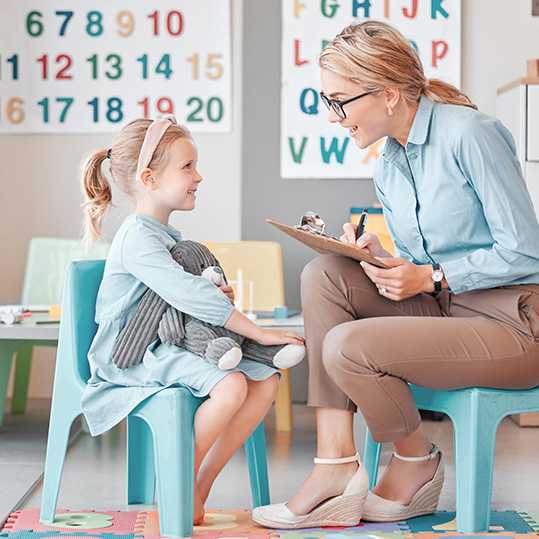
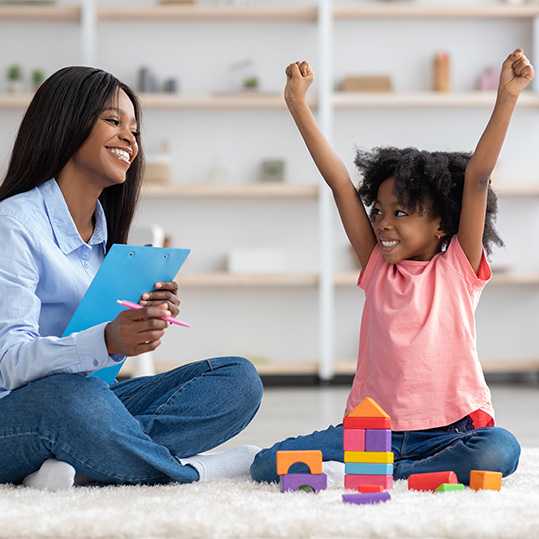
What is a keyworker?
Akeyworkermust be an early intervention specialist andis usually the therapist who providesmost of your child’sday-to-day support.
What does a keyworker do?
In addition to providing early intervention therapy, your keyworker will also become the central point of contact for the parents.
They will coordinate and communicate with other professionals who are engaged with your child, such as allied therapists, educators or health professionals.
The keyworker will bring together all recommendations into a single plan with clear goals that meet the needs of your child and family.
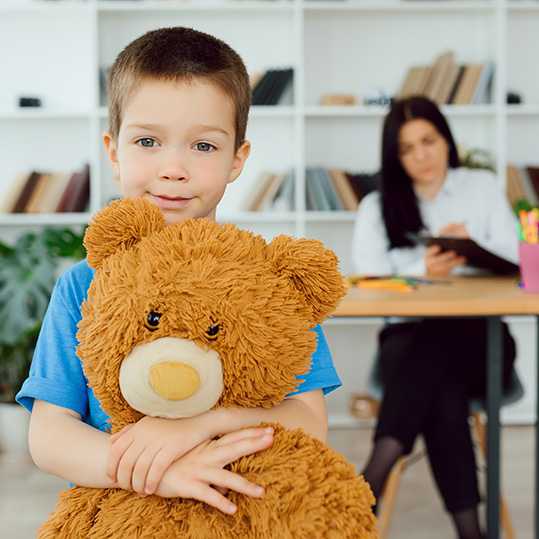
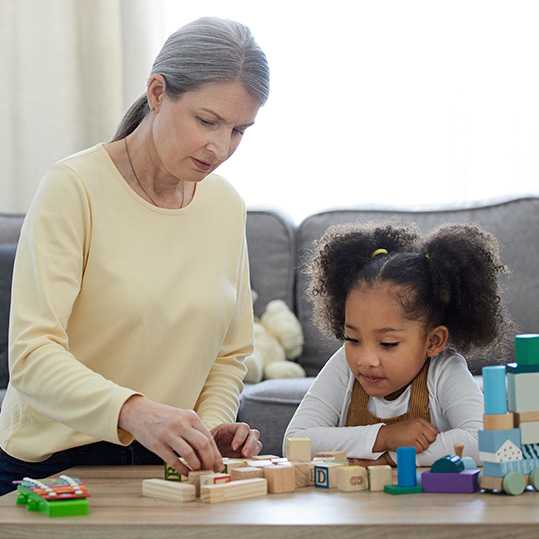
What are the benefits of a keyworker?
Therearefourmainbenefitstohavingakeyworker:
- They reduce time and complexity for parents by acting as their single point of contact.
- They reduce the number of professionals working directly with your child.
- They improve outcomes for your child and family by developing a single intervention plan that sets clear and measurable goals.
- The keyworker model saves money by eliminating overlaps and duplication across providers.
Why choose Lizard as my keyworker?
If you choose Lizard as your keyworker, then your family’s Therapy Supervisor will take on the keyworker role.
All Lizard Therapy Supervisors are specialists in early childhood intervention. They are also experienced in working in a team-based therapy model.
We will work with your existing family therapists, whether speech therapists or occupational therapists (or any others).
We understand the importance of intensive therapy for faster skill development. At Lizard, our central scheduling team is dedicated to streamlining administrative processes, ensuring your investment goes directly into valuable therapy, optimising both time and resources.
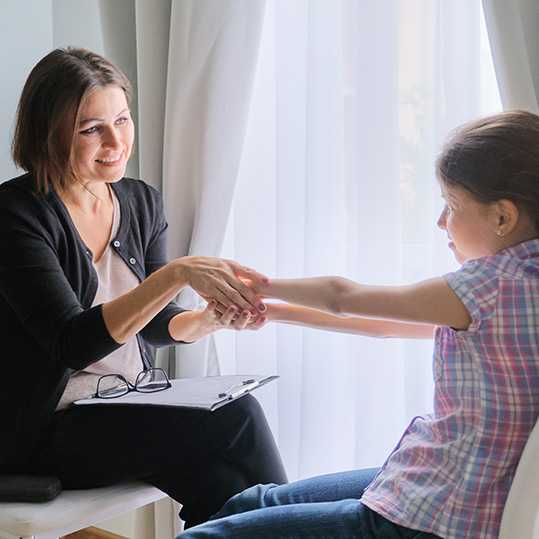
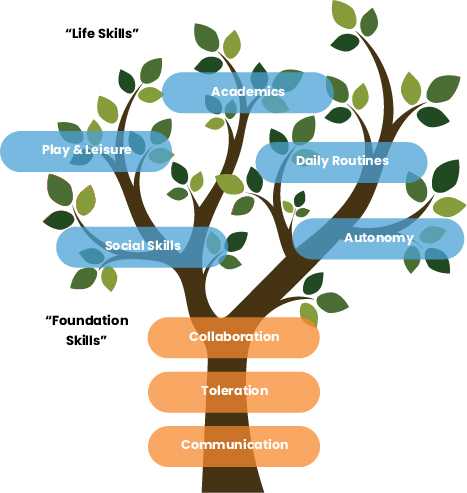
How our programs work
Our programs are based on the latest evidence-based practices to achieve the best results.
We start each program by teaching the three foundational “learning to learn” skills of communication, toleration and collaboration.
Based on the child and family needs, we then deliver a tailored program of learning on new life skills such as communication, self-care, and social skills.
What if I still have questions?
You can also contact our Enquiries Team at any time. They will be happy to discuss the keyworker model with you and answer your questions. They can be reached on:
